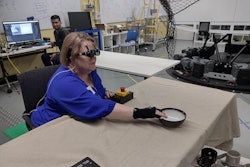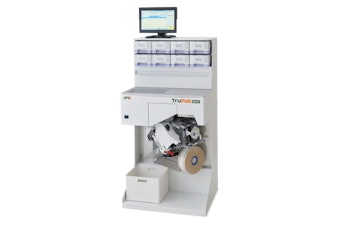According to a recent Duke News article, scientists at Duke have developed a speech prosthetic that translates brain signals into spoken words. The technology could potentially aid folks with motor disorders such as ALS or locked-in syndrome, enabling them to communicate via a brain-computer interface.
Current communication tools for these patients are slow, but Duke’s implant, containing 256 microscopic brain sensors on a small, flexible device, shows promise in translating brain signals related to speech during tests on patients undergoing brain surgery. Though the decoding accuracy was just 40%, the team is optimistic about future advanced variations and are working on a cordless version that aims to enhance natural speech communication.























